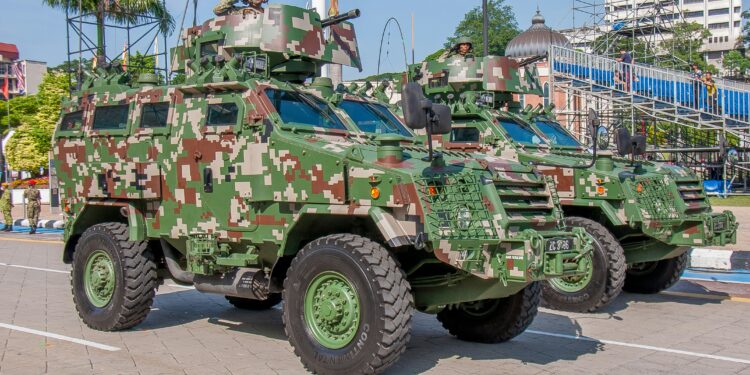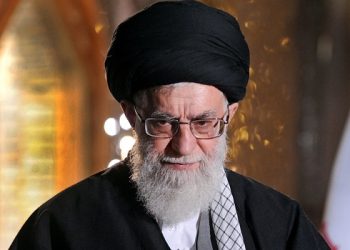The revelation that terrorists and criminal elements have slipped into Nigeria’s security institutions is chilling. It’s not just a lapse, it’s a full-blown national security disaster that exposes the country to unimaginable risks. When armed groups are able to infiltrate the very forces meant to protect citizens, the problem is no longer theoretical, it is life and death.
A Breach at the Heart of Security
Former lawmakers have confirmed that known insurgents and armed criminals were once found on recruitment lists for the Army and Police. Imagine this: the people sworn to defend Nigeria could be fighting alongside those who seek to destroy it. This is not paranoia. This is documented, verifiable, and utterly frightening.

What does this say about vetting procedures? How can citizens trust the government to keep them safe when recruitment exercises allow killers and extremists to enter the ranks? It’s a failure that goes beyond incompetence; it is a moral and strategic collapse.
The Human Cost of Negligence
The stories of families devastated by terrorism are mounting. Brothers, cousins, and nephews lost to attacks, communities living under constant threat, and young people trapped in a cycle of fear. The human cost is staggering. While officials argue over strategy, ordinary Nigerians are left to fend for themselves.
Security reforms cannot remain on paper while lives are lost in villages and towns across the North and Northeast. Each failed vetting, each corrupt recruitment, and each overlooked threat is a direct invitation for violence to flourish.
Layered Insecurity Requires More Than Force
Experts and lawmakers have highlighted that insecurity in Nigeria is not just a matter of guns and soldiers. It is complex, driven by weak governance, economic stress, and environmental pressures. Simply sending in troops or chasing criminals is not enough. The solution must blend reform, community engagement, and sustainable development.
Rebuilding trust in government is as critical as strengthening the military. If citizens cannot trust their protectors, if security institutions are compromised, insurgency and terrorism will continue to grow. The country cannot negotiate with killers and expect peace.
Leadership Failure on Display
Since 1999, Nigeria’s leaders have largely failed to confront insecurity decisively. Bandits, terrorists, and insurgents have been placated, negotiated with, or simply tolerated. This is a dangerous precedent. Every time the state hesitates, every time law enforcement turns a blind eye, it emboldens criminals to strike harder.
The continuous abductions, bombings, and communal violence are stark reminders that failure at the top trickles down to the most vulnerable. Women, children, and communities pay the heaviest price, while politicians debate semantics and policies.
A Call for Action
Reforms must begin immediately, starting with recruitment. Vetting procedures should be airtight. Only credible, trustworthy individuals should enter security services. Oversight must be strict, and any infiltration of extremists must be publicly addressed and punished.
Beyond recruitment, government strategy must prioritize intelligence, community partnerships, and resource allocation. Relying solely on kinetic operations without addressing governance, land conflicts, and economic hardship is like putting a Band-Aid on a wound that requires surgery.
Every day that Nigeria fails to address these failures, insurgents gain strength. The integration of terrorists into security forces is not just an embarrassment; it is a ticking time bomb. Action is no longer optional; it is a matter of national survival.

















